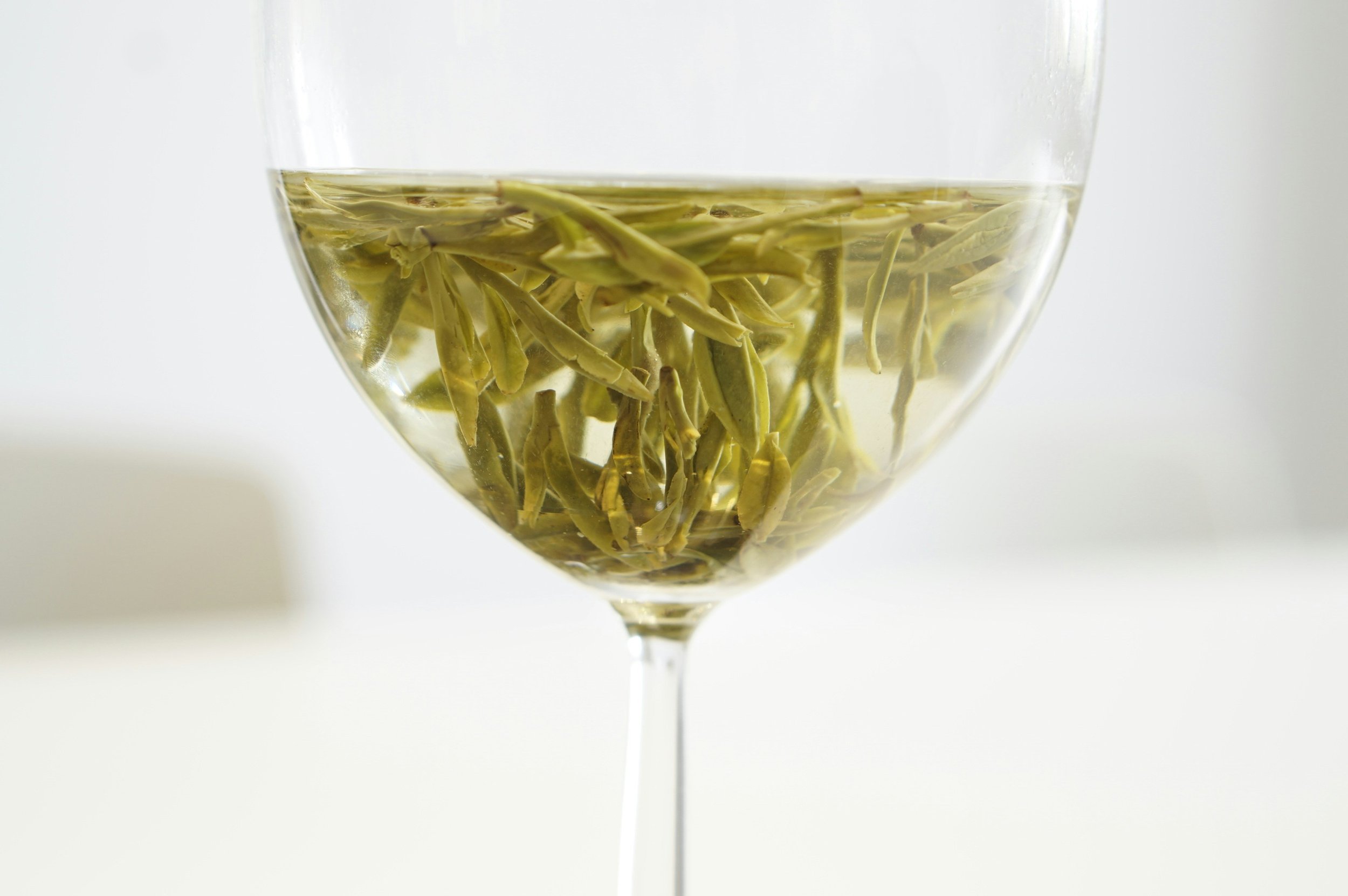How Small Choices Make A Big Impact On Workers at the Heart of Terroir
Thanks to media outlets such as NPR and the New York Times, consumer awareness of the attributes and benefits of B-Corp certification for ethical wine producers has grown. Today, more than 40 wineries of varying sizes and company structures are certified worldwide, and the list is growing.
In the global tea sector, there are more than 90 B-Corp-certified tea and tea-adjacent companies. As the wine world starts to explore B-Corp certifications more, can we learn from what the tea industry is doing? While B-Corp certification is incredibly rigorous, one African tea producer I met recently demonstrates that you don't need to be big to make a big impact.
Kazi Yetu (‘Our Work’ in Swahili) is a small tea producer founded in 2018 by Tahira and Henrik Nizari. In addition to tea, they also import botanicals and goods—all from Tanzania in East Africa. Tea seedlings, mainly two varieties, Camellia assamica and Camellia sinensis were brought to the country and the broader region in the late 1800s and early 1900s by colonizers from India and China. Their goal was to expand their tea trade into an environment that could help provide more seasonality and year-round production. While they hold many certifications, Kazi Yetu considers their B-Corp certification to be the shining light in their ambitions to be a transparent and ethical producer of fine teas and sourced botanical goods.
Tanzania’s climatic conditions are humid, sunny, and hilly, with many tea farms set against the mountains sprawling from Mt. Kilimanjaro. Compared with teas from India and China, Africa’s climate provides these teas with unique flavors and structures or a sense of terroir, just as it would in wines.
In addition to the tea leaves, the spices and herbs from Tanzania are famous, especially from Zanzibar, or “spice island.” Kazi Yetu layers its teas with spices and herbs from here, including cinnamon, cloves, vanilla, ginger, hibiscus, cardamom, and more—beverages with a sense of place.
But the journey from land to cup is challenging, particularly in the supply chain. Kazi Yetu doesn’t just consider themselves a tea company, but a social enterprise—by making a difference in the conditions for those on the ground in Tanzania or those in the teas' growing areas.
For example, while larger tea estates yield around 3,000 kilograms per hectare, smallholder farms like the ones that Kazi Yetu works with yield 400 to 500 kilograms per hectare, mainly due to financial restrictions, infrastructure problems, and limited technology.
To address these challenges, the company entered into social impact partnerships, both globally and in Tanzania. One of the most impactful is with CARE International and the Sakare farmers’ cooperative in the Usambara Mountains, establishing the Sakare Specialty Tea Cooperative and their processing facility in Dar es Salaam.
Tea leaves are harvested by smallholder farms within the coop and transported to the Dar-es-Salaam facility, where dedicated staff, primarily women, process, blend, and pack the final product. According to Tahira Nizari, “Having women involved in tea processing is rare—they are usually solely responsible for tea picking.”
All profits from Kazi Yetu sales are shared with the 1,500 farmer members. It has also allowed the cooperative access and resources to more environmentally friendly farming technology and training. It is also on track to increase the members' income and has already seen employment growth for women and youth.
The original processing plant in Dar-es-Salaam started with five women and has grown to a larger facility employing 20 to 25 women during the busy season. The facility is up to 70 percent solar-powered, uses solar dryers and solar drip irrigation systems, and promotes regenerative agriculture and soil health. The team also tracks their social impact, vetting the suppliers they work with and source from.
Although regenerative agriculture and other sustainable environmental methods of organics are in practice, and Kazi Yetu tea blends are grown using entirely organic methods, not all farmers or farms are certified because, as we have learned in wine, those certifications are costly.
While organic certifications may open up some markets for the company, customers of Kazi Yetu care primarily about the traceability and transparency of their supply chain and the social impact they have in the product’s country of origin.
In engaging younger wine consumers, multiple studies, including from the World Economic Forum, suggest that a large percentage of consumers buy products that align with their beliefs and values, so beyond environmental sustainability, I believe it’s time to embrace social responsibility, and B-Corp may be a certification that communicates transparency in practices and promises the consumer that those in the fields in the country of origin are being cared for and fairly paid.
Whether it's tea or wine in a consumer's glass, they may be comforted to know that simple everyday purchases make a positive impact.
So, the next time you shop the tea aisle, look for brands that are B-Corp certified. Your purchase from ethical producers like Kazi Yetu boosts incomes and builds independence for workers, families, and communities in underserved populations.
And that small choice makes a big difference.






